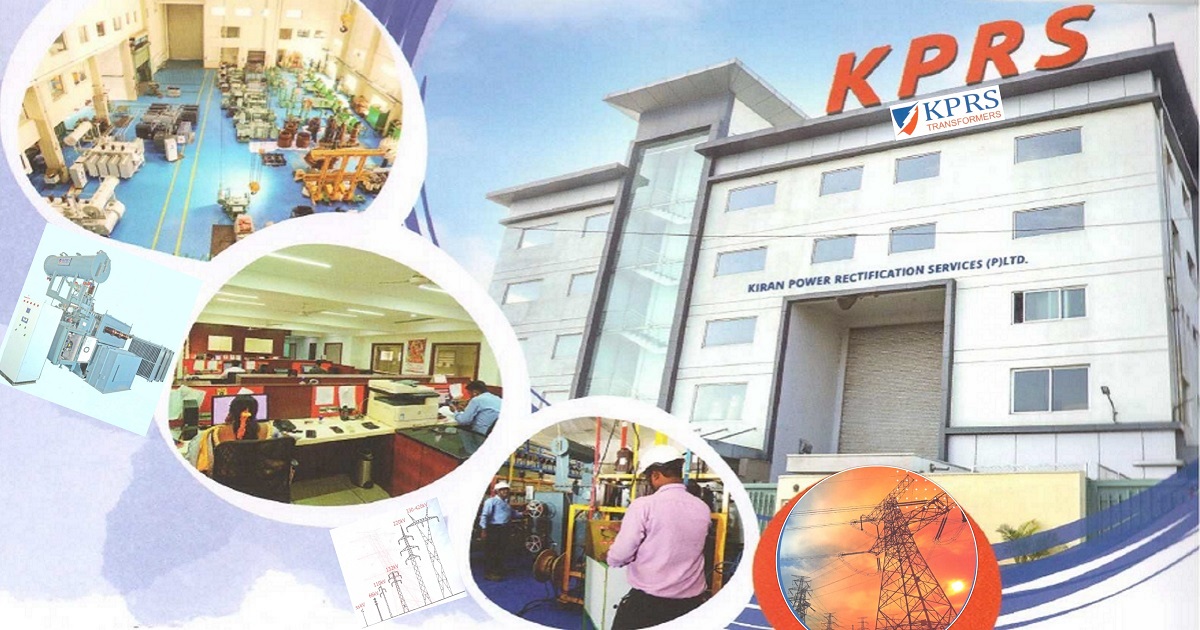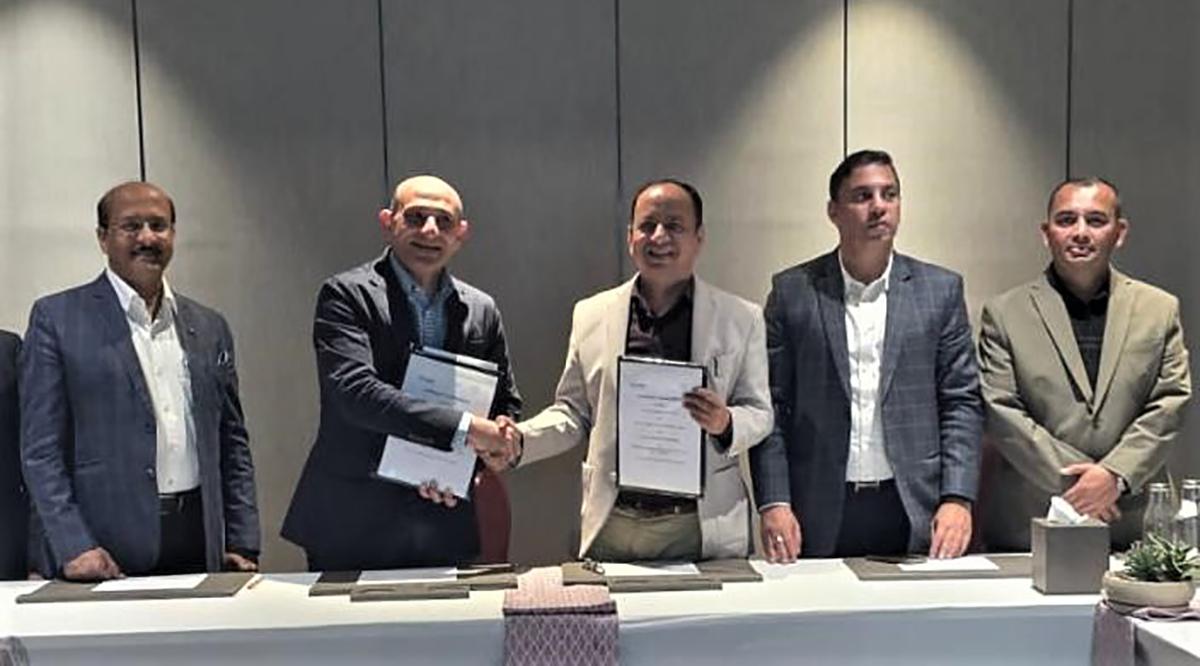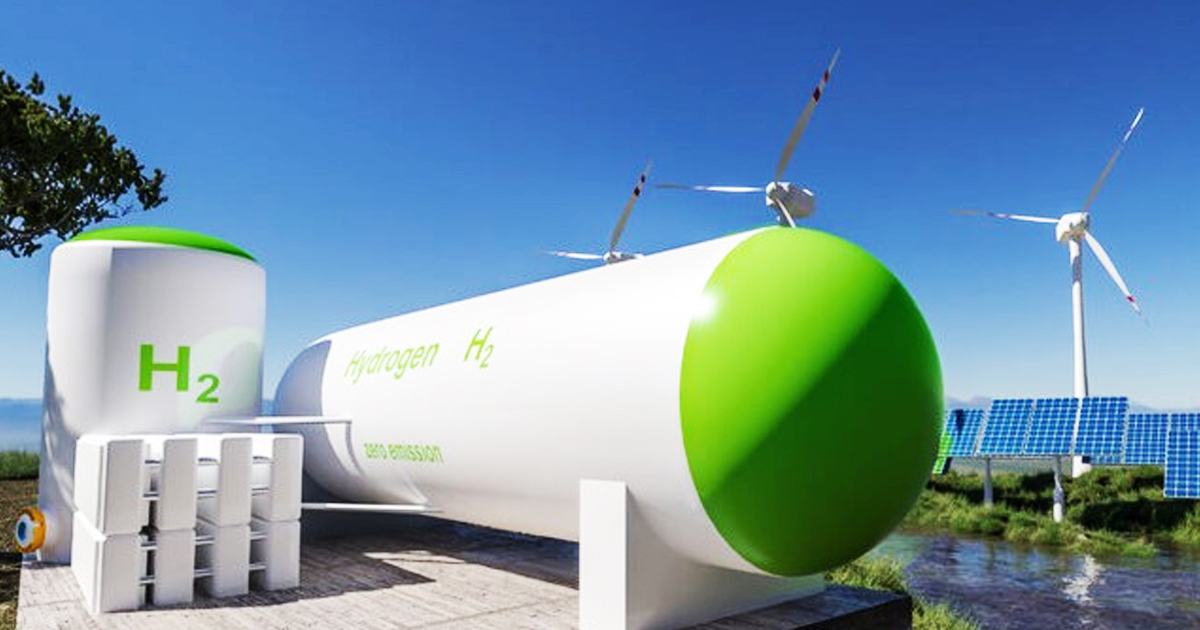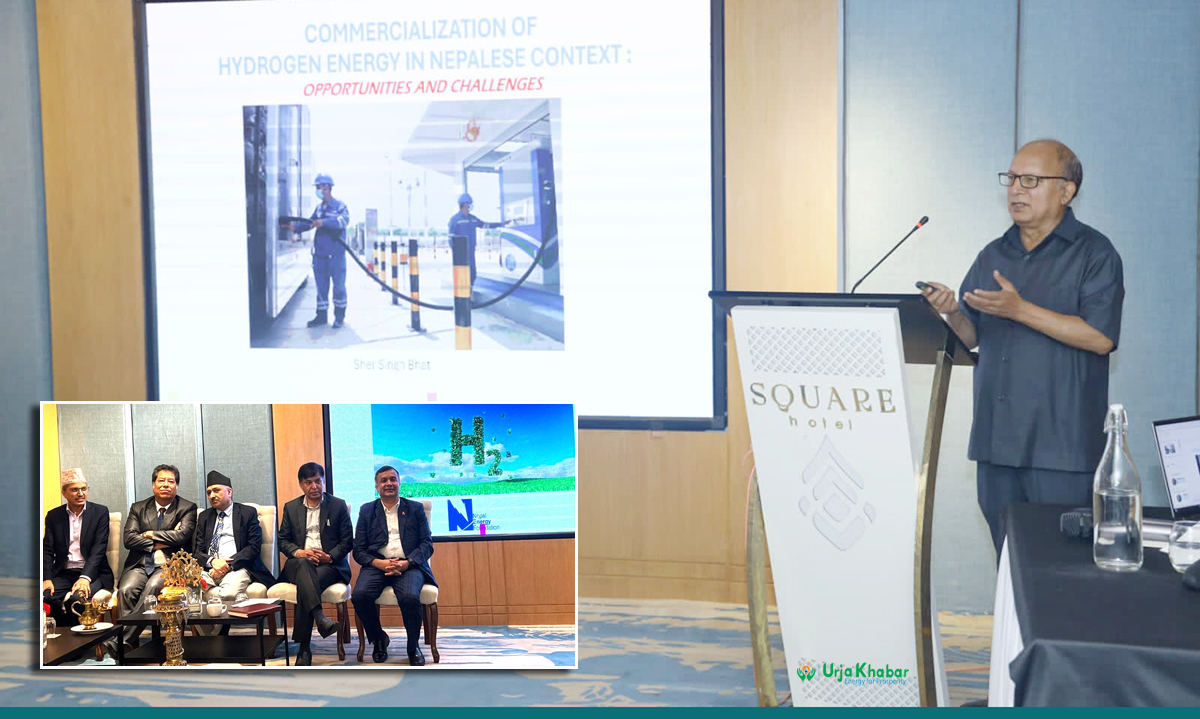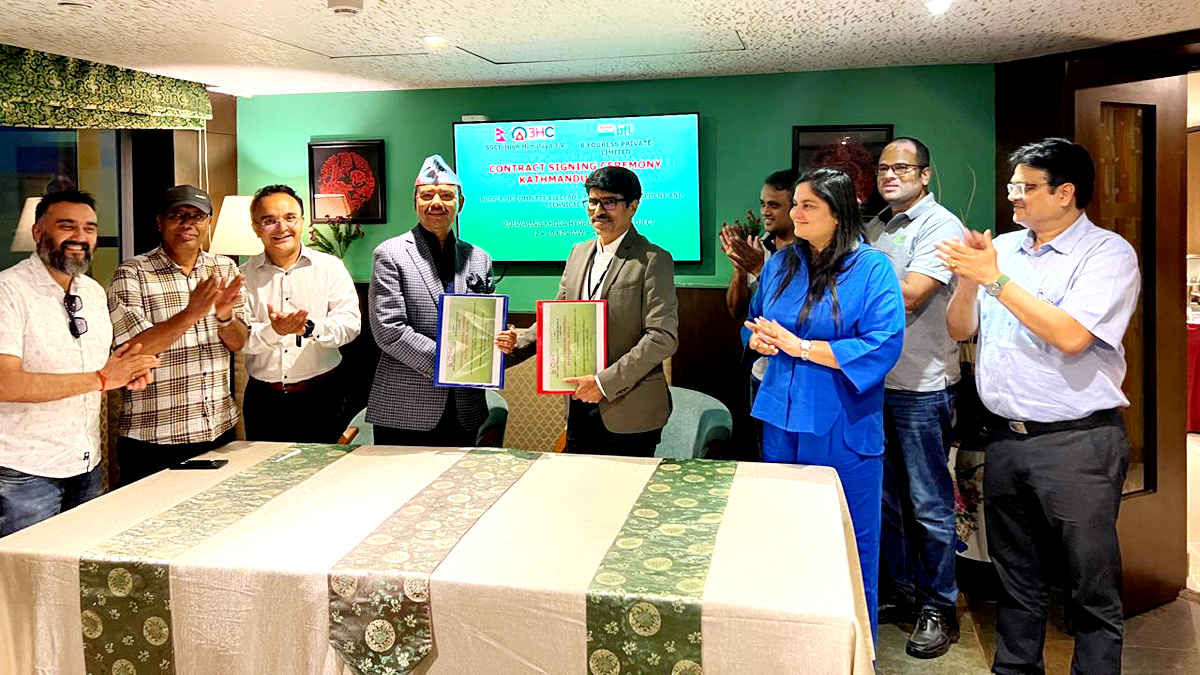Energy Update
Green Hydrogen and Fertilizer Symposium 2024 Concludes
Paving the Way for Nepal’s Clean Energy Future
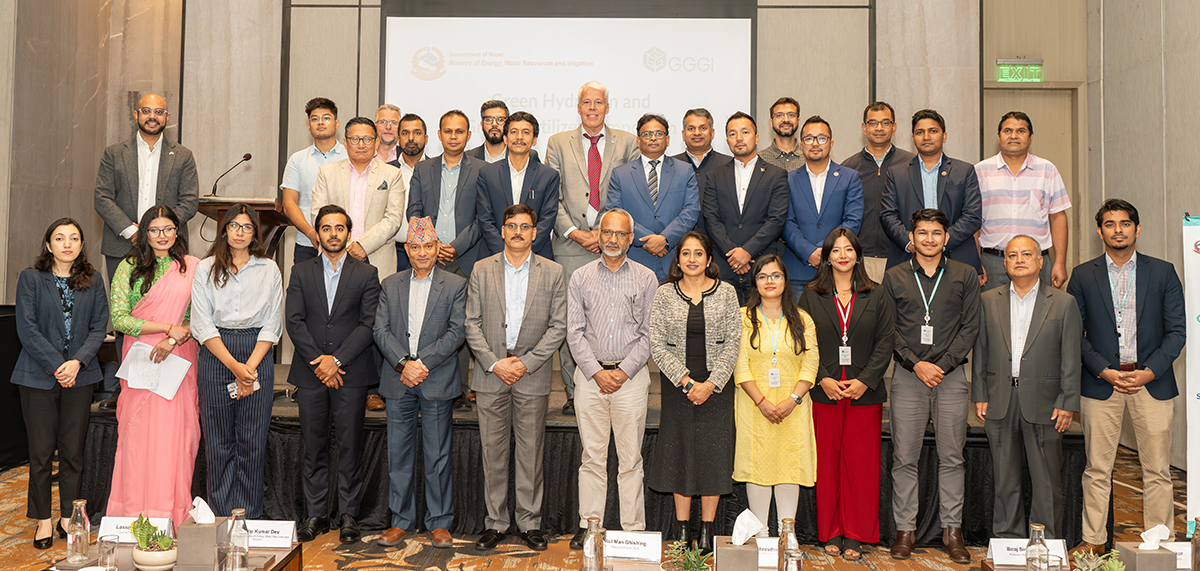
Kathmandu: The Global Green Growth Institute (GGGI) organized a knowledge sharing program titled 'Green Hydrogen and Green Fertilizer Symposium, 2024' in Kathmandu, Nepal. This event marked a significant milestone in Nepal’s pursuit of sustainable energy solutions and climate action.
The Ministry of Energy, Water Resources, and Irrigation as a Co-host, the symposium brought together key ministries including Finance, Forest and Environment, Industry, Commerce and Supplies, and Agriculture and Livestock Development.

Same as, some private and public partners such as Nepal Oil Corporation (NOC), Nepal Electricity Authority (NEA), Nepal Rastra Bank (NRB), World Bank, and international agencies like the Norwegian Embassy, Asian Development Bank (ADB), United States Agency for International Development (USAID), and German Agency for International Cooperation (GIZ).
In the opening session, Sandip Kumar Dev, Joint Secretary of the Ministry of Energy, Water Resources, and Irrigation, who emphasized the Nepalese government's commitment to clean energy development, particularly through hydro-based hydrogen production. He highlighted the importance of the Green Hydrogen and Green Fertilizer Symposium in advancing Nepal's journey toward net-zero emissions, fulfilling its Nationally Determined Contributions (NDCs), and exploring the economic potential of green hydrogen and its derivatives.

During the symposium, the representative of Ministry of Agriculture and Livestock Development discussed the pressing demand for fertilizers in Nepal, noting the government’s subsidy policy and the challenges of meeting fertilizer demand. He welcomed the domestic fertilizer production initiative, supported by GGGI's technical and feasibility study, and called for further analysis of the ecosystem and governance issues to ensure successful implementation.
Likewise, Tek Nath Tiwari, Director of Energy Efficiency and Loss Reduction at NEA, assured that the 100 MW power demand for the fertilizer plant could be met, he emphasizing NEA's commitment to supporting the project, including potential tariff adjustments.
The symposium successfully highlighted the collaborative efforts required to advance green hydrogen and green fertilizer projects in Nepal, with stakeholders expressing strong support for immediate action and future planning to make these initiatives a reality.
Conversation
- Info. Dept. Reg. No. : 254/073/74
- Telephone : +977-1-5321303
- Email : [email protected]






